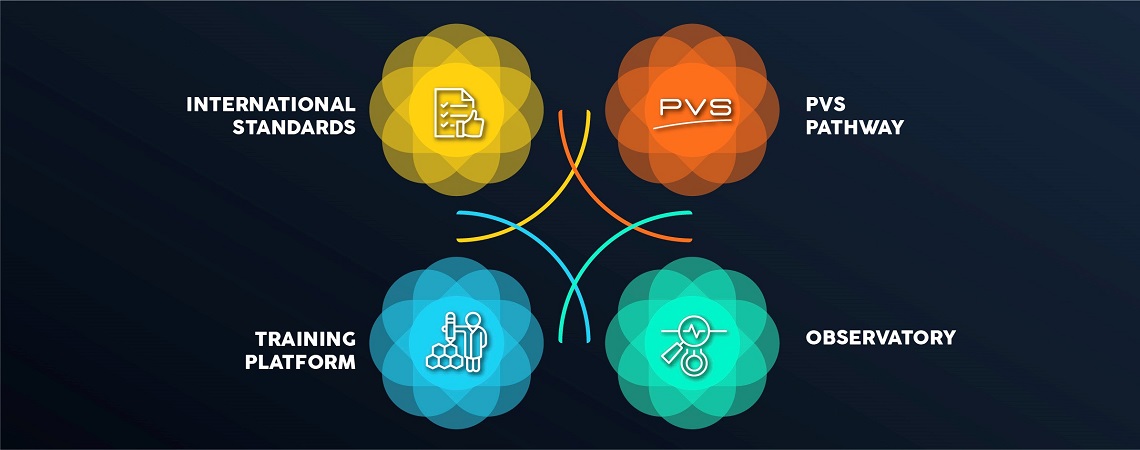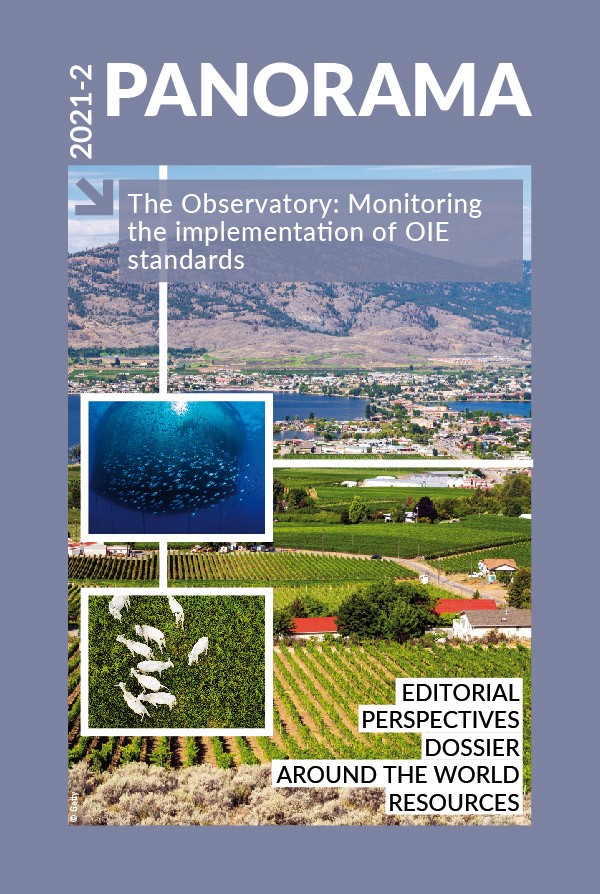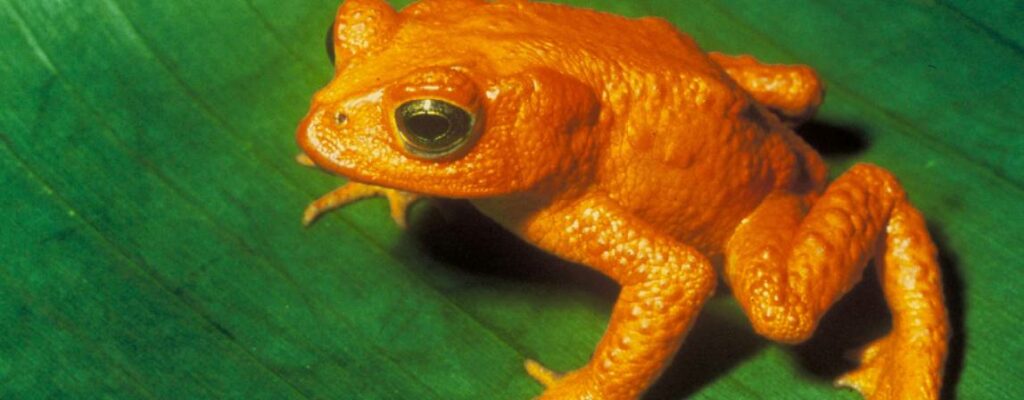Dossier Posted on 2021-12-20 15:10:30
Competencies of Veterinary Services in international trade: analysis and tailored training
Keywords
Authors
Karen Bucher(1), Francisco D’Alessio(1) & Nadège Leboucq(2)
(1) Standards Department, World Organisation for Animal Health (OIE).
(2) Secretariat of the OIE Training Platform, World Organisation for Animal Health (OIE).
A wide range of competencies is needed for safe trade
OIE standards provide recommendations to improve animal health and welfare worldwide and to achieve safe trade. In conjunction with the principles of the World Trade Organization Agreement on the Application of Sanitary and Phytosanitary Measures (SPS Agreement) recognises, the OIE standards provide the framework to avoid unjustified animal health barriers in the area of international trade.
Through a deep analysis of the existing OIE standards and the role of the WTO, the OIE has developed a comprehensive description of the role of Veterinary Services (VS) in achieving safe trade. This description (summarised here) was used to analyse the implementation of the OIE standards by OIE Members and identify their needs when it comes to competencies.
The results revealed a complex matrix that requires competencies of a technical, institutional, political, legal and collaborative nature. It covers topics that may be more pertinent to other aspects of the Veterinary Services’ role, such as the ability to establish a national animal health surveillance programme. It also requires the Veterinary Services workforce to acquire knowledge and experience in a wide variety of arenas, such as the ‘soft skills’ needed to liaise with trading partners during trade negotiations.
A set of 20 Critical Competencies, included in the PVS Pathway, were considered to be directly related to the role of Veterinary Services in international trade.
How to reinforce Members’ trade competencies
A comprehensive capacity-building programme should be developed to respond to this complex set of requirements and the OIE has embraced this important work as part of the reform of its training system. Of the 15 Competence Packages that make up the OIE’s Competency-Based Training Framework (under development), one is entirely dedicated to trade and will consist of more than 30 electronic modules, depending on available funding. These e-modules are intended to cover Section 5 of the OIE Terrestrial and Aquatic Animal Health Codes fully [2, 3], and to provide a training solution for all Members with a low level of advancement in the trade-related Critical Competencies of the OIE PVS evaluation tool, through national customised online training.
OIE initiatives for fit-for-purpose training
Thanks to the OIE Observatory, the OIE can now carry out in-depth learning needs assessments from multiple sources of information, such as the PVS Pathway, the World Animal Health Information System (WAHIS), Members’ official disease status, WTO databases, etc.
The Observatory monitors the implementation of OIE standards and classifies the challenges faced by Members into three categories:
- legislation and enforcement
- interaction with stakeholders
- technical capacity.
This information will be translated into blended regional training (i.e. combining face-to-face teaching with online instruction) or, where appropriate, into training by country type, determined by that country’s level of market access. The continued dialogue between the Observatory and the Training Platform will increase the competencies of Veterinary Services in trade. In addition, it will contribute towards better defining the conditions for safe trade between countries, and help to ensure better compliance with the principles of the SPS Agreement and the OIE’s international standards.
|
You may also be interested in the following article included in this issue of Panorama:
|
https://doi.org/10.20506/bull.2021.2.3284
References
- World Organisation for Animal Health (OIE) (2020). – Required competencies of Veterinary Services in the context of international trade: opportunities and challenges.
- World Organisation for Animal Health (OIE) (2021). – Section 5. Trade measures, import/export procedures and veterinary certification. In Terrestrial Animal Health Code.
- World Organisation for Animal Health (OIE) (2021). – Section 5. Trade measures, importation/exportation procedures and health certification. In Aquatic Animal Health Code.










